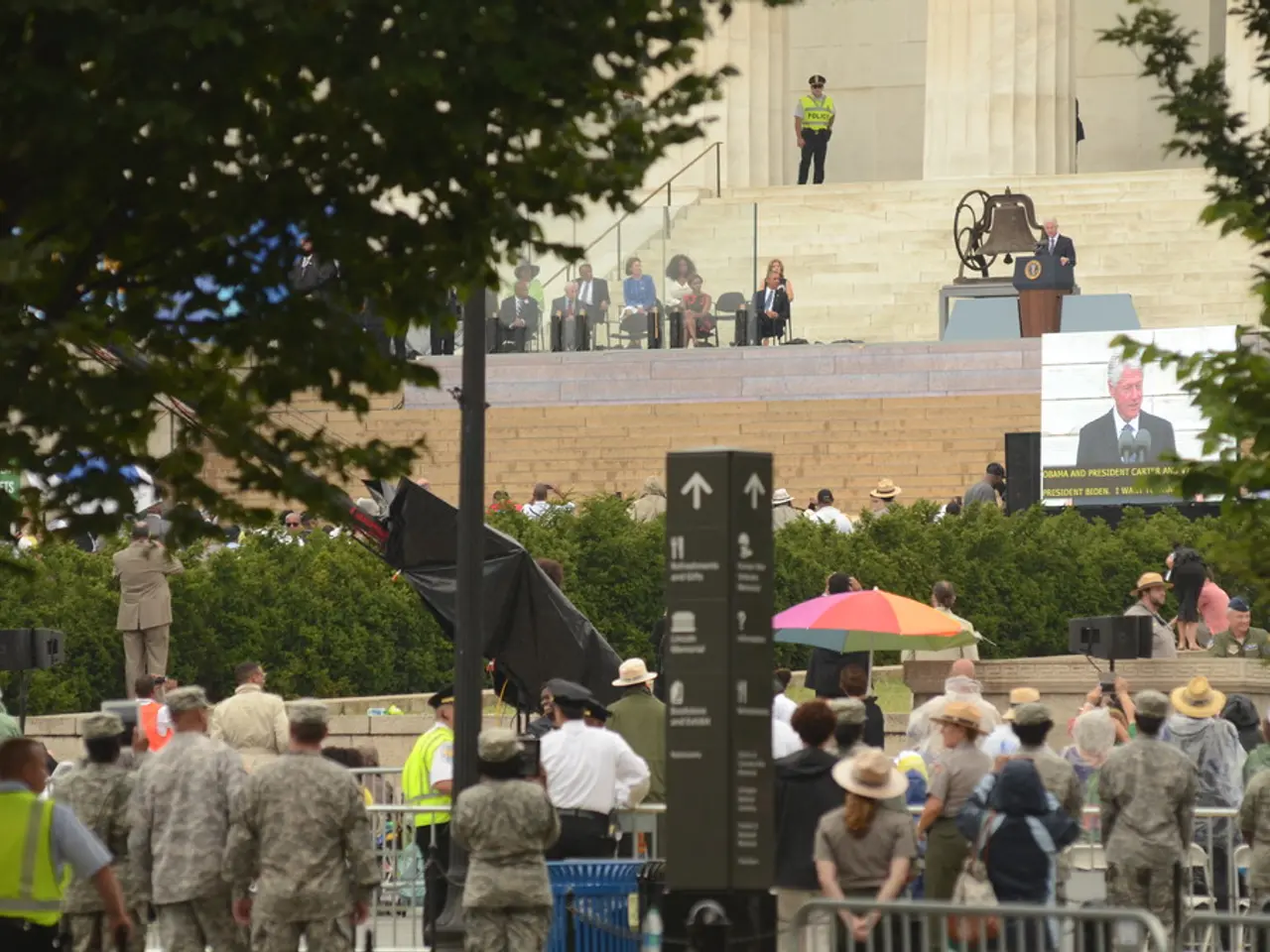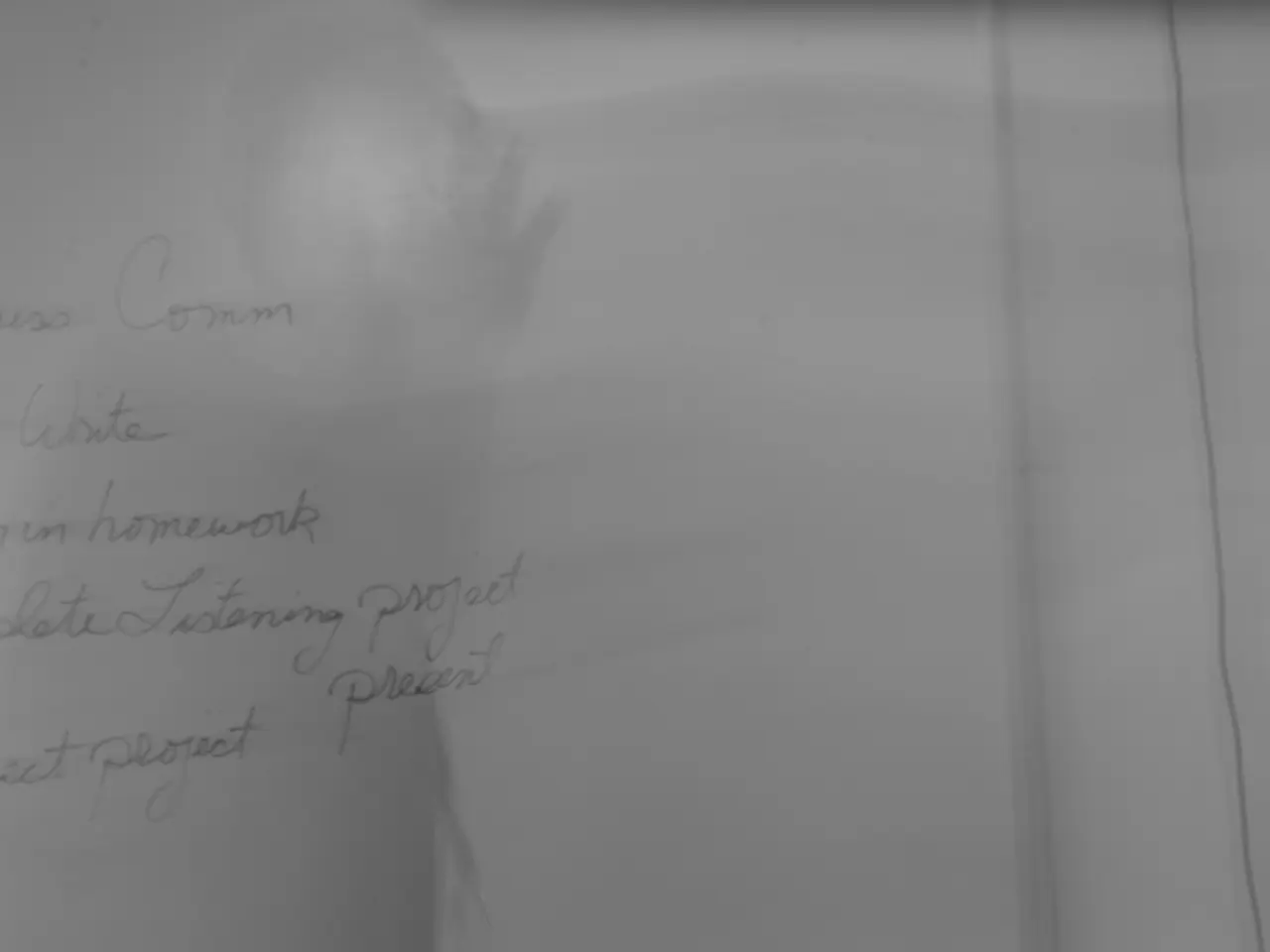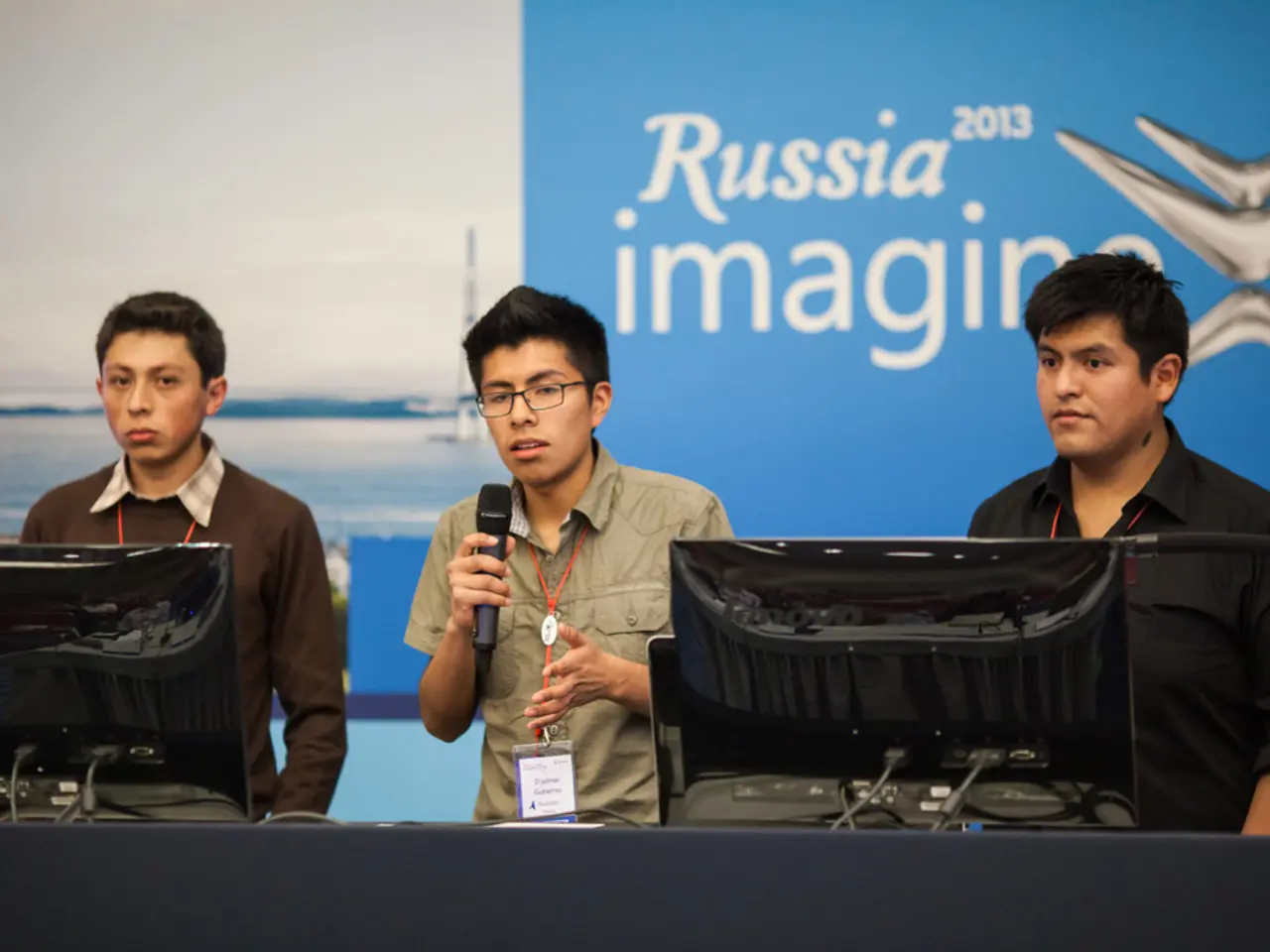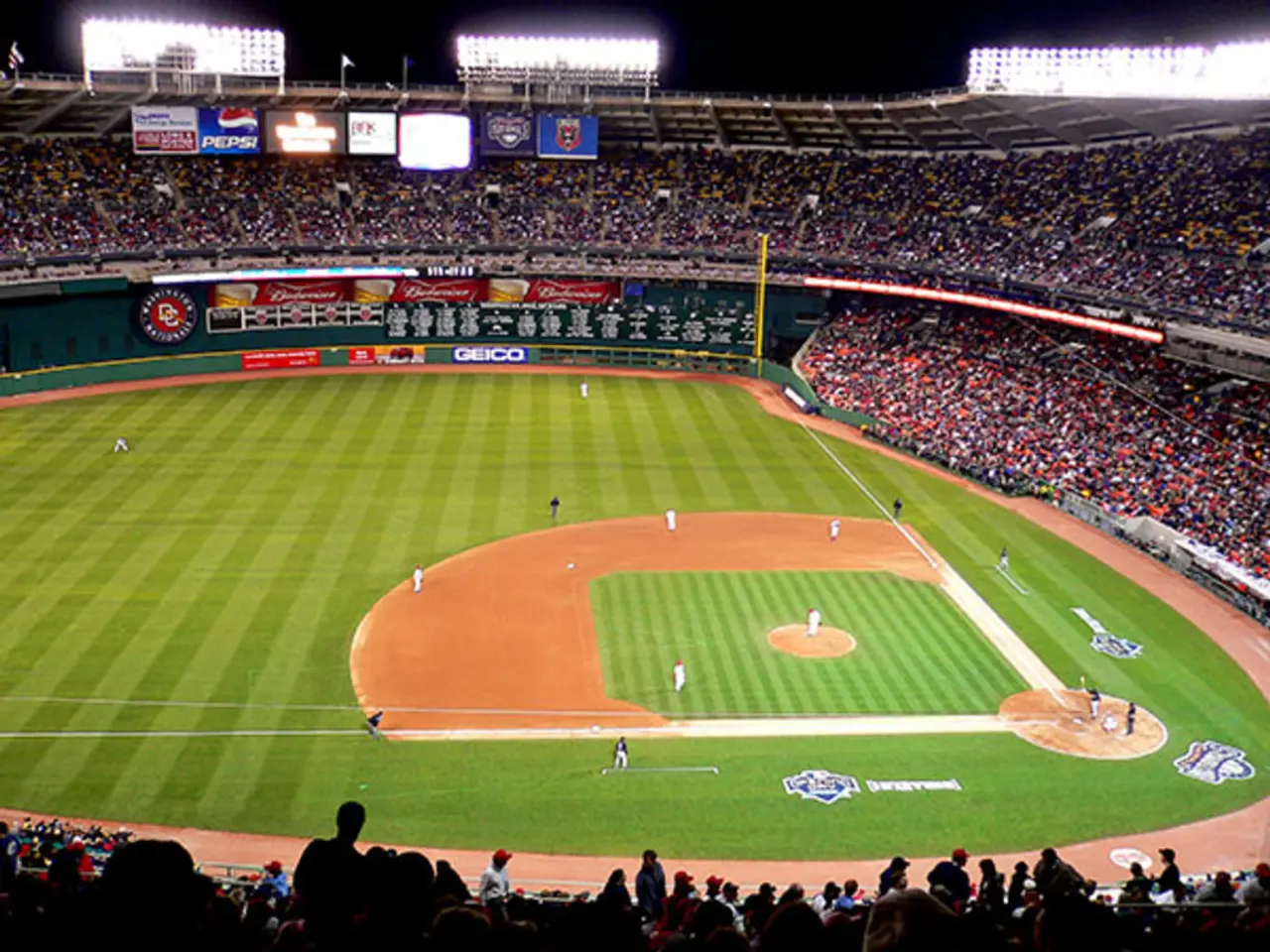Constitutional Uprising | All Parties Engaged in Conflict, Threatening Citizen Liberties
In the wake of the 9/11 terror attacks, the USA PATRIOT Act was passed with the intention of enhancing national security. However, over two decades later, concerns have been raised about encroachments on several Bill of Rights protections.
First Amendment (speech, assembly, association): Critics argue that provisions such as Section 215 and Section 505 of the PATRIOT Act undermine First Amendment rights by permitting searches partly based on individuals’ speech or association activities and imposing gag orders that limit freedom of expression and open judicial review. Despite this, the Supreme Court in Holder v. Humanitarian Law Project (2010) upheld certain anti-terrorism restrictions on material support without violating First Amendment rights.
Second Amendment (right to bear arms): The USA PATRIOT Act does not directly address or significantly alter Second Amendment rights. The main impacts have been on surveillance and investigatory powers rather than gun ownership, so Second Amendment freedoms remain largely governed by other statutes and case law.
Fourth Amendment (protection from unreasonable searches and seizures): The PATRIOT Act expanded warrantless and secret searches, including "sneak-and-peek" warrants (Section 213) and broad surveillance powers without probable cause (Sections 215 and 218). These provisions allow surveillance and searches without immediate notification and with lowered judicial oversight, leading to significant damage to Fourth Amendment privacy protections.
Fifth Amendment (due process and protection against self-incrimination): Some PATRIOT Act provisions have been criticized for circumventing normal procedural protections, especially in the context of national security investigations and detentions. However, explicit Fifth Amendment rights remain balanced against national security concerns in practice.
Seventh Amendment (right to jury trial in civil cases): There is little direct impact of the PATRIOT Act on the Seventh Amendment right to a jury trial in civil disputes. Most PATRIOT provisions concern criminal investigations, surveillance, and national security, not civil litigation processes.
Eighth Amendment (prohibition on cruel and unusual punishment): The PATRIOT Act primarily affects investigatory and surveillance powers rather than sentencing or punishment. There are no prominent changes under the Act directly linked to Eighth Amendment protections.
Overall context and recent developments: The PATRIOT Act has undergone reauthorizations and amendments since 2001, but many controversial sections remain or have influenced broader national security policy. Civil liberties organizations like the ACLU remain wary of governmental overreach, particularly given ongoing political movements that could further challenge constitutional rights related to free speech, privacy, and equal protection. The balance between national security and constitutional freedoms continues to be contested in courts and politics, with the PATRIOT Act serving as a focal point for debates over civil liberties in the post-9/11 era.
Under the Patriot Act, government officials are permitted to monitor religious and political institutions with no suspicion of criminal wrongdoing. These expanded powers include strip searches, surveillance, and intrusions justified in the name of fighting terrorism. The Fourth Amendment has suffered significant damage in recent years, leading to an unwarranted expansion of governmental police powers. The Eighth Amendment, which forbids cruel and unusual punishment, offers little protection in a society lacking in morals. Government asset forfeiture schemes allow the government to arbitrarily seize property without a fair trial.
Neither Donald Trump nor Kamala Harris have a strong track record of respecting the rights enshrined in the Constitution. Federal agents and police officers are now authorized to conduct covert black bag searches of homes and offices without prior notification. The government can secretly demand to see records of books or magazines checked out in public libraries and Internet sites visited.
As we approach the anniversaries of both the 9/11 attacks and the adoption of the U.S. Constitution, it is crucial to reflect on the impact of the PATRIOT Act and the ongoing debates surrounding constitutional freedoms. The educational system does a poor job of teaching the basic freedoms guaranteed in the Constitution and the Bill of Rights, leaving many Americans constitutionally illiterate. This year's presidential election does not offer a choice between an Empire and a Republic, but it does present an opportunity to discuss and address the erosion of constitutional freedoms in the United States.
[1] ACLU. (n.d.). The USA PATRIOT Act. Retrieved from https://www.aclu.org/issues/national-security/usapa [2] Brennan Center for Justice. (n.d.). The USA PATRIOT Act. Retrieved from https://www.brennancenter.org/issues/us-patriot-act [3] Electronic Frontier Foundation. (n.d.). The USA PATRIOT Act. Retrieved from https://www.eff.org/issues/patriot-act [4] FreedomWorks. (n.d.). The USA PATRIOT Act. Retrieved from https://www.freedomworks.org/issues/us-patriot-act [5] National Constitution Center. (n.d.). The USA PATRIOT Act. Retrieved from https://constitutioncenter.org/interactive-constitution/amendments/patriot-act-amendment
- The onset of the PATRIOT Act has led to concerns about encroachments on First Amendment rights, particularly in instances where searches and gag orders are partly based on individuals' speech or association activities.
- In a post-9/11 society, freedom of expression and open judicial review are potentially limited due to provisions such as Section 215 and Section 505 of the PATRIOT Act.
- The PATRIOT Act has augmented warrantless and secret searches, including "sneak-and-peek" warrants and broad surveillance powers, leading to significant damage to Fourth Amendment privacy protections.
- Civil liberties organizations continuously raise alarms about governmental overreach, especially given ongoing political movements that could further challenge constitutional rights related to free speech, privacy, and equal protection.
- The balance between national security and constitutional freedoms, as evidenced by the PATRIOT Act, continues to be contentious in courts and politics, and it is essential for the educational system to prioritize teaching the basic freedoms guaranteed in the Constitution and Bill of Rights to prevent constitutional illiteracy among Americans.







